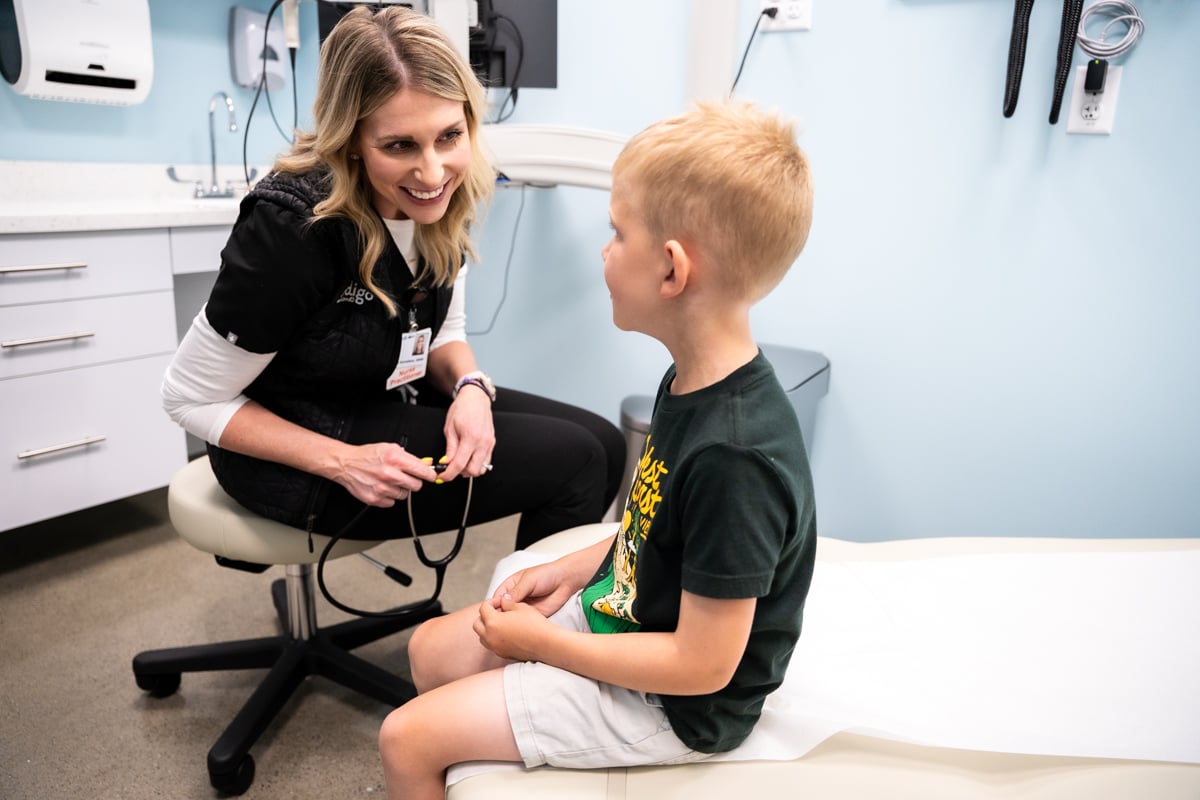Summer’s heating up and outdoor activity is on the rise. So is the risk of dehydration, which can sneak up on you before you know it. When you’re low on water, that’s a problem. The human body is nearly 60 percent water and every basic bodily function depends on it to work right.
While dehydration is a risk any time of the year, people are especially susceptible during the hot summer months – particularly little ones and the elderly. And it doesn’t take a lot of physical exertion to cause dehydration. Even casual activity or sitting outside on a hot or humid day can sap your body of fluids.
Don’t let summer fun leave you feeling light-headed, sick to your stomach or worse. Knowing how to recognize the symptoms of dehydration early will help keep your body primed all summer long.
Here are three things to look out for:
Skin irregularities
Sweating is a major cause of dehydration, especially in the summer. When you lose more fluids than you’re replacing, it can show on your skin, which may appear rough, flaky or cracked.
Your skin may also look flushed or red and feel cold or clammy, as your body works overtime to function with insufficient water. Lips may also be dry and cracked.
The skin elasticity test, or turgor test, is a good way to determine your hydration levels. Gently pinch the skin on your arm or stomach with two fingers to make a tent shape, then release. When properly hydrated, the skin should spring back to normal within one to three seconds. If it takes longer, you may be dehydrated.
Changes in urine
Your urine is a good indicator of your hydration levels, so keep an eye on what’s coming out. As a rule, the paler the better.
If you're mildly dehydrated, urine will be dark yellow. Amber-colored urine is a sign of severe dehydration. Peeing less than normal is another sign you may be dehydrated.
Dry mouth and bad breath
When you’re dehydrated your body produces less saliva. That can leave your mouth feeling dry or sticky and cause odor-causing bacteria.
What to do if you’re dehydrated
If you suspect you’re mildly dehydrated, you probably won’t require medical attention. Simply stop what you’re doing, move to a cool spot and drink plenty of water. You should feel like yourself in no time.
Severe dehydration, however, can lead to heat stroke or heat exhaustion, and can be fatal in extreme cases. If you or a loved one has any of the following symptoms, go to the nearest emergency department as soon as possible for medical treatment:
- Stomach cramping
- Low blood pressure
- Fainting
- Seizures
- Delirium or hallucinations
Tips for healthy hydration
Knowing the signs of dehydration is important, but prevention is the best way to protect you and your loved ones. Here are a few simple ways to stay hydrated this summer:
Choose water first. For most people, drinking good old H2O is the best way to stay hydrated. Just don’t wait until you’re parched to drink up. How much water you need depends on your level of activity, health and other factors. If you’re not a fan of the wet stuff, add some fruit, cucumber or mint to your water to freshen things up.
Eat hydrating foods. Many fruits and vegetables contain large amounts of water. Summer offers a bounty of options, including watermelon, peaches, grapefruit, lettuce, tomatoes and cucumbers.
Avoid caffeine, sugary drinks and alcohol. Just because it’s liquid doesn’t mean it will keep you hydrated. Coffee, juice and wine can actually speed up the dehydration process.
Beat the heat. If possible, schedule outdoor activities during cooler times of the day, and wear light, breathable clothing.
Whether you’re working out, out for a stroll or soaking up some rays in the garden, don’t let dehydration derail your summer fun and put your health at risk. Know the signs, seek treatment when necessary and take steps to keep fluids in check.


